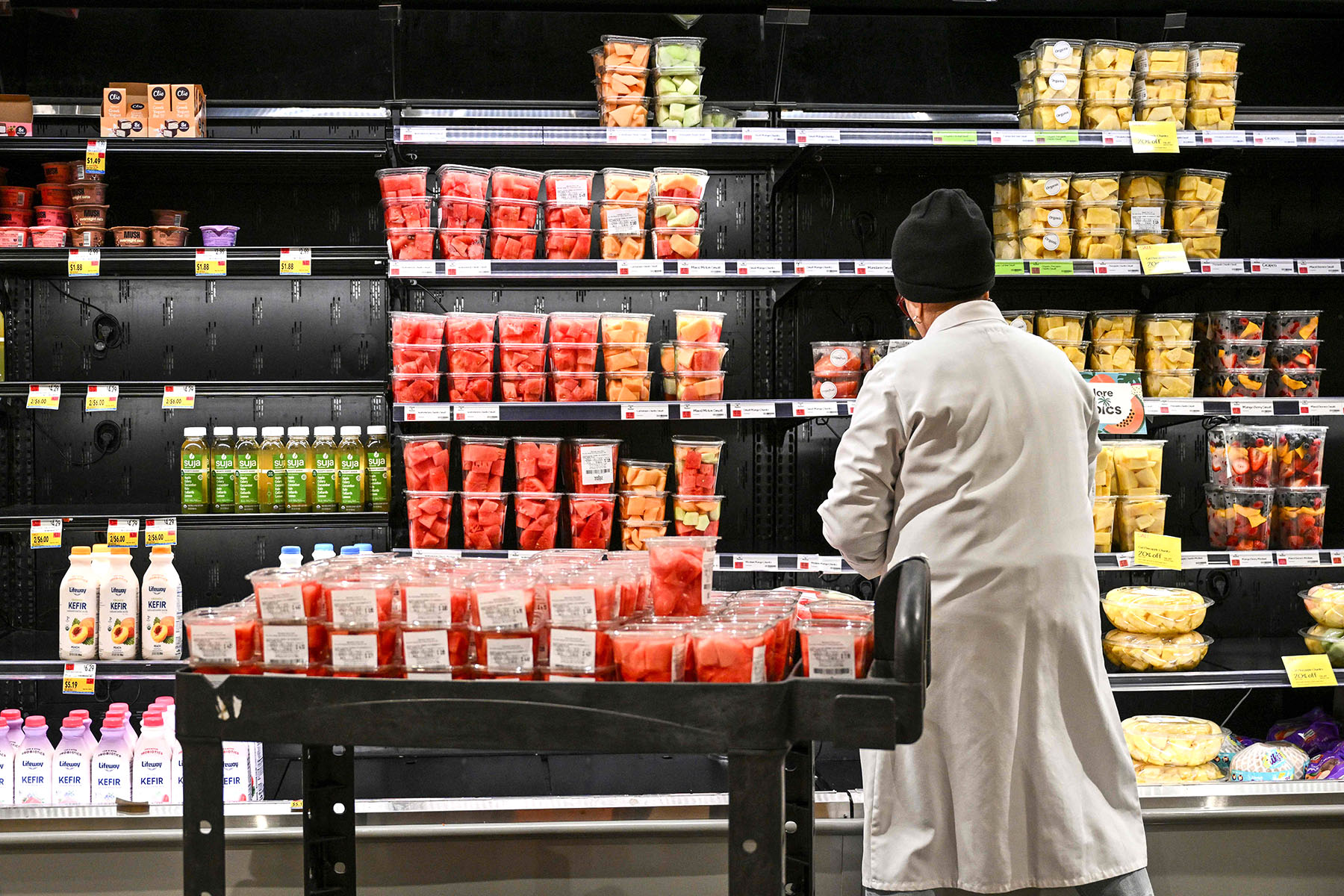
The United States on Tuesday raised the total tariff on Chinese imports to more than 120 percent, which will have a widespread impact on trade between the world's two largest economies, according to experts and politicians.
"There is tremendous uncertainty about the future of US-China trade," Z. John Zhang, professor of marketing at The Wharton School of the University of Pennsylvania, told China Daily.
"In public, I can imagine that governments may say one thing, but hopefully in private they will find a way to negotiate and accommodate each other. But at this point, that uncertainty is at its highest."
READ MORE: Many people in US puzzled by self-inflicted wounds to economy
The US has significantly escalated tariffs on Chinese goods in recent months. The rate increased by 20 percent earlier this year, followed by an additional 34 percent in April. With the latest 50 percent hike, the additional burden reached 104 percent.
The latest 50 percent levy on Tuesday, confirmed by White House Press Secretary Karoline Leavitt, was on top of a 34 percent "reciprocal tariff" that the US imposed on China on April 2. There also were two previous tariff increases of 10 percent each. The latest levies took effect at 12:01 am on Wednesday.
The 50 percent tariff was in response to Beijing's 34 percent reciprocal levies on US goods. The US had issued an ultimatum to China to halt its new tariff on US goods or face new levies.
China's Commerce Ministry said on Tuesday that it firmly opposed the 50 percent tariff, describing it as a "mistake on a mistake". China vowed to raise its tariffs on US goods further.
The Customs Tariff Commission of the State Council announced on Wednesday that China will lift the additional tariffs on products imported from the US to 84 percent, effective from 12:01 pm on Thursday.
Zhang explained that the Trump administration likely crafted the "reciprocal tariff" policy based on the trade deficit between the countries going back decades.
Many other nations will see the start of their tariffs, announced on April 2, from Wednesday.
Despite tense commercial ties, the US-China relationship proved vital for both countries last year, as it generated valuable two-way trade.
The proposed changes will likely hurt US consumers, according to an economist.
Justin Wolfers, a professor of economics and public policy at the Gerald R. Ford School of Public Policy at the University of Michigan, wrote on X: "I don't see how 104 percent tariffs (imposed this year) on China will help Americans, and I see lots of ways they'll hurt."
A handful of Republicans, including US Senator Susan Collins, a Maine Republican, and US Senator Ted Cruz, a Texas Republican, have expressed concern over the tariffs.
US Senator Rand Paul, a Kentucky Republican, has been the most vocal. He said he has received support from several Republican colleagues who admit in private that they are unhappy over US tariffs.
"It's based on a fallacy. And the fallacy is that somehow in a trade someone must lose," Paul said.
Chaotic day
In another chaotic day on Wall Street, US markets swung widely on Tuesday over news of the extra tariffs on China. Markets around the world have been unsettled since the US announced the so-called reciprocal tariffs last week.
In one of the first visible public signs of a fracture among Trump's key team of advisers, Elon Musk, the world's richest man, heading DOGE, Department of Government Efficiency, wrote a series of social media posts over the weekend criticizing White House trade adviser Peter Navarro, an architect of the tariff policy.
"A PhD in Econ from Harvard is a bad thing, not a good thing," Musk posted on X, in reference to Navarro.
Navarro hit back, calling Musk a "car assembler" rather than a manufacturer "in many cases", referring to the electric vehicle company Tesla, where Musk is CEO.
ALSO READ: Panel: Tariffs spark economic, tech fears
Musk responded on Tuesday that "Navarro is truly a moron," adding that he was "dumber than a sack of bricks" while defending Tesla.
"Navarro should ask the fake expert he invented, Ron Vara," Musk added. It was in reference to Navarro's fictional economics expert, whose name was from an anagram of his last name, in his books that championed tariffs.
Meanwhile, the EU on Wednesday adopted its first measures hitting back at the tariffs, targeting US products including soybeans, motorcycles and beauty items.
The European Commission proposed the retaliatory duties on Monday, setting most at 25 percent.
Agencies and Xinhua contributed to this story.
belindarobinson@chinadailyusa.com


